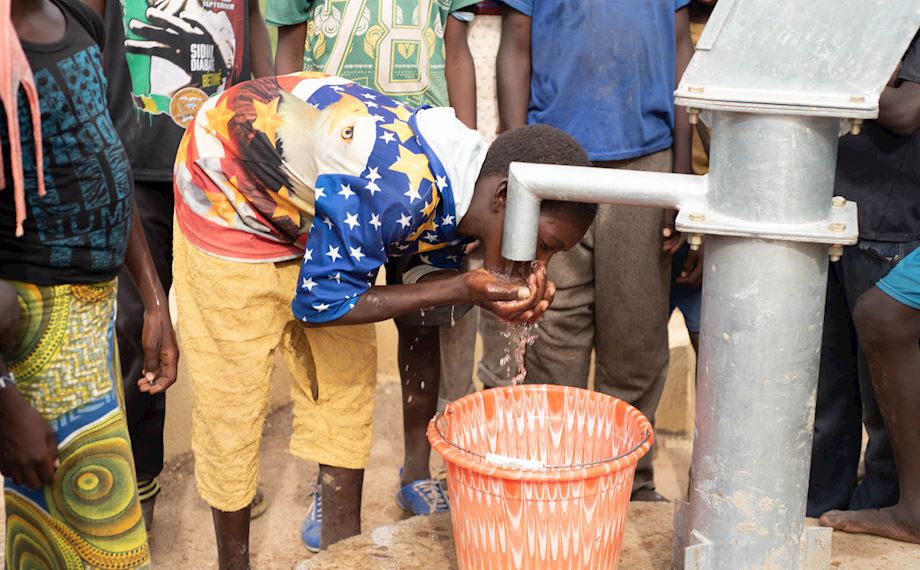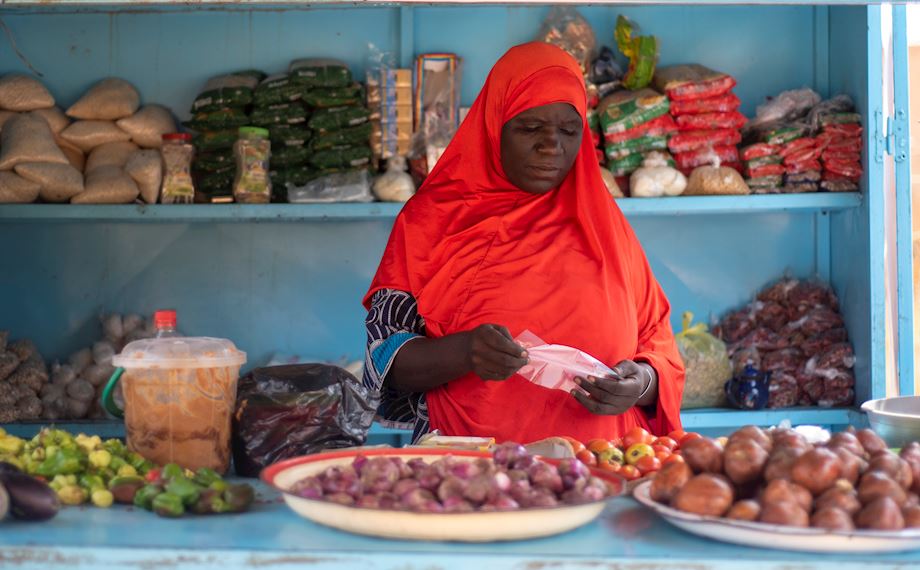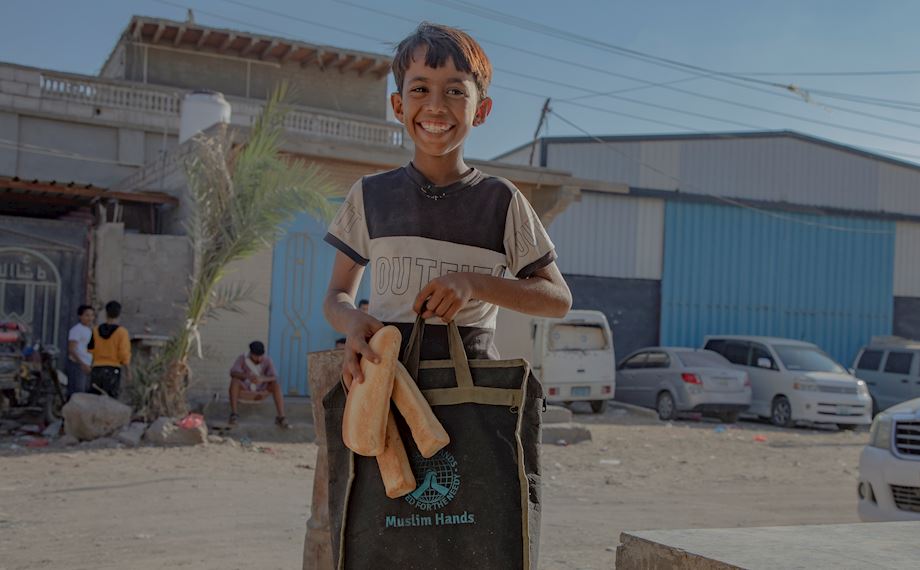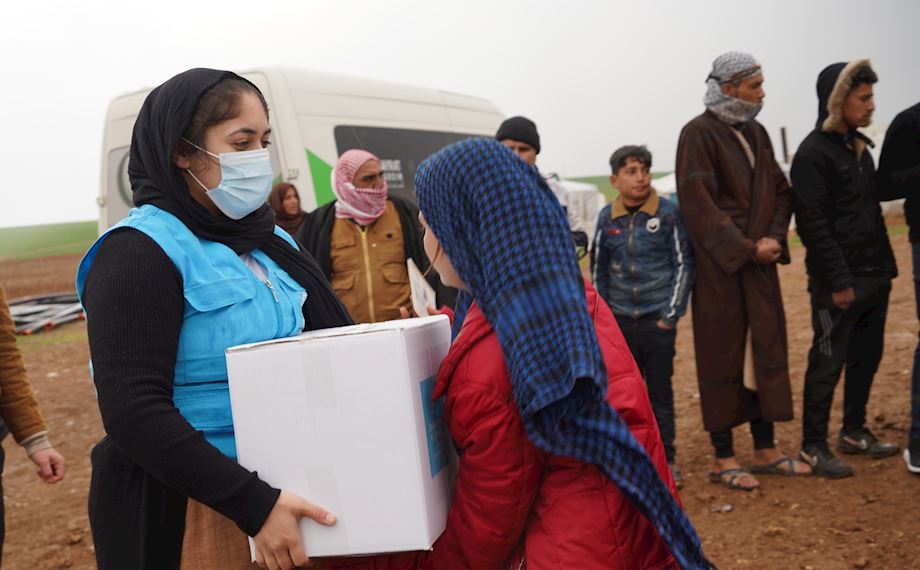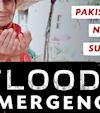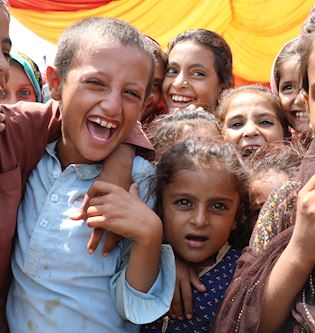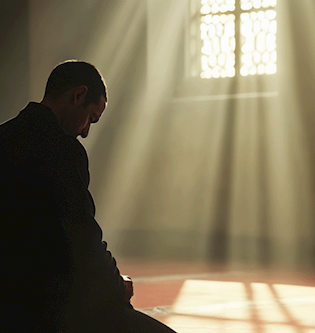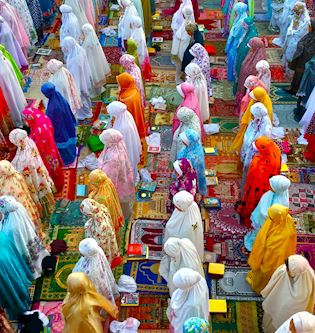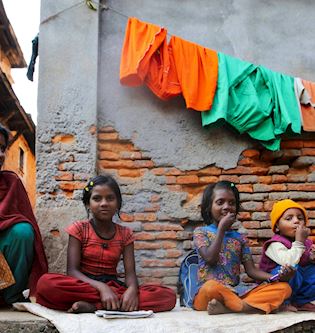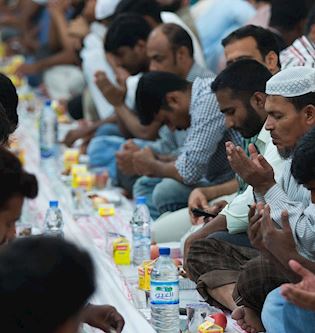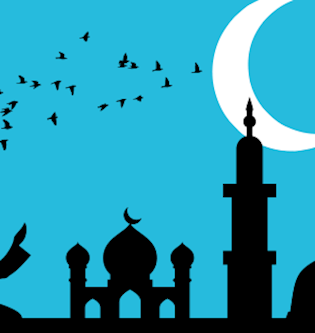The Virtues of Sadaqah In Islam

In Islam, Sadaqah refers to a voluntary act of charity performed with the sole purpose of pleasing Allah and without expecting a substitute in return. In Arabic the word ‘Sadaqah’ literally means ‘righteousness’ and stems from the root word ‘sidq’, which means sincerity; Implying that Sadaqah is the sincerity of faith and a righteous behavior which leads to a healthy and balanced society.
It is said in many ahadith that the Messenger of Allah, Prophet Muhammed (saw) was ‘more generous than the blowing wind’, in other words, he didn’t keep anything for Himself, he would give money and food to the poor and let himself go hungry. His character is one of perfection and a model for us to follow and we should strive each day to be more like Him (saw)
The Quran and Sunnah repeatedly emphasize the importance of giving Sadaqah and Allah (swt) has promised many benefits and virtues to the person who does. Here are the reasons why you should be giving Sadaqah on regular basis:
1. Sadaqah Helps Cure Illness and Averts Death.
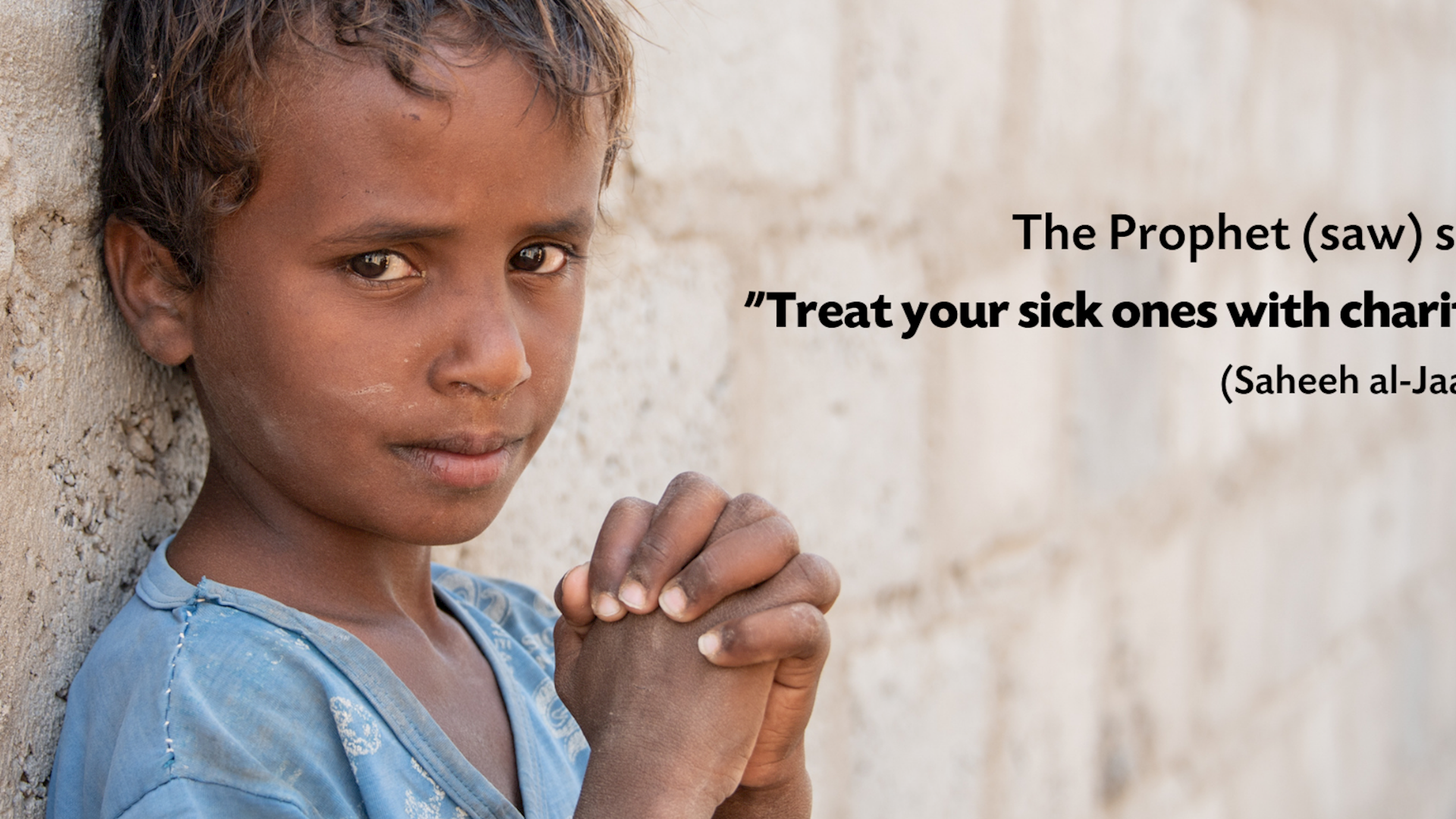
The Prophet (saw) said “Treat your sick ones with charity.” (Saheeh al-Jaami) When your loved ones fall ill it is recommended to give a lot of sadaqah to help cure disease and avert ill-fate, The Prophet (saw) also said: "Sadaqah appeases the Lord’s anger and averts an evil death." (Tirmidhi)
2. Sadaqah Eases Hardships and Removes Calamities
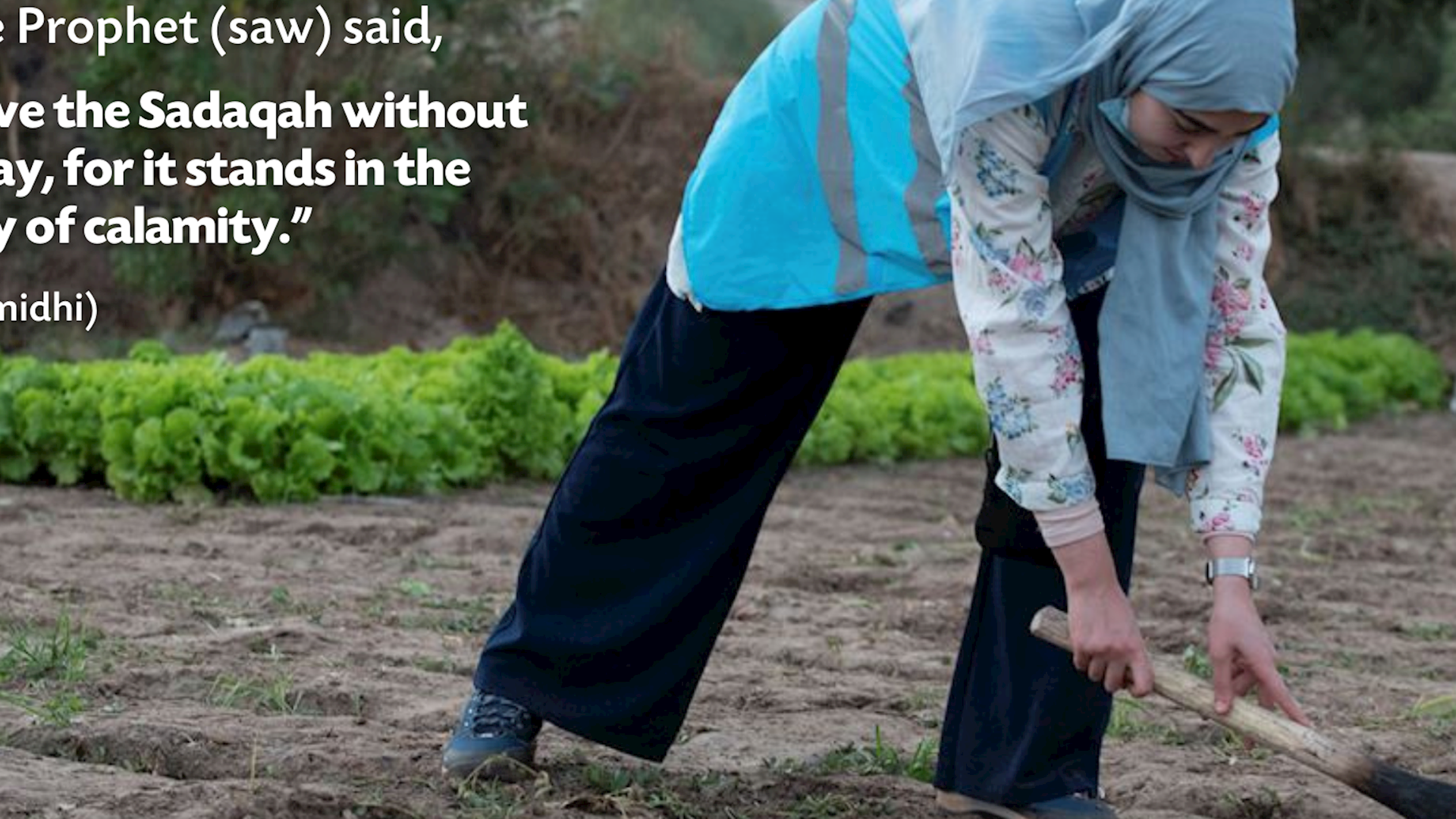
The Prophet Muhammad, peace be upon him, said “Give the Sadaqah without delay, for it stands in the way of calamity.” (Tirmidhi)
As Muslims we believe that this life is a test and one way of being tested is with hardships. Allah (swt) gives is trials to test our faith in him. Giving Sadaqah during a time of hardship shows strong Iman and gratitude to Allah (swt) and It is only Allah (swt) with his infinite mercy that can change a person’s situations. Allah (swt) says in the Holy Quran: “Allah removes what He wishes and establishes what He wishes, for He has the Mother of Books”. (Sura ar-Ra‘ad, 13: 39)
3. Sadaqa is an Investment in This Life and Hereafter.
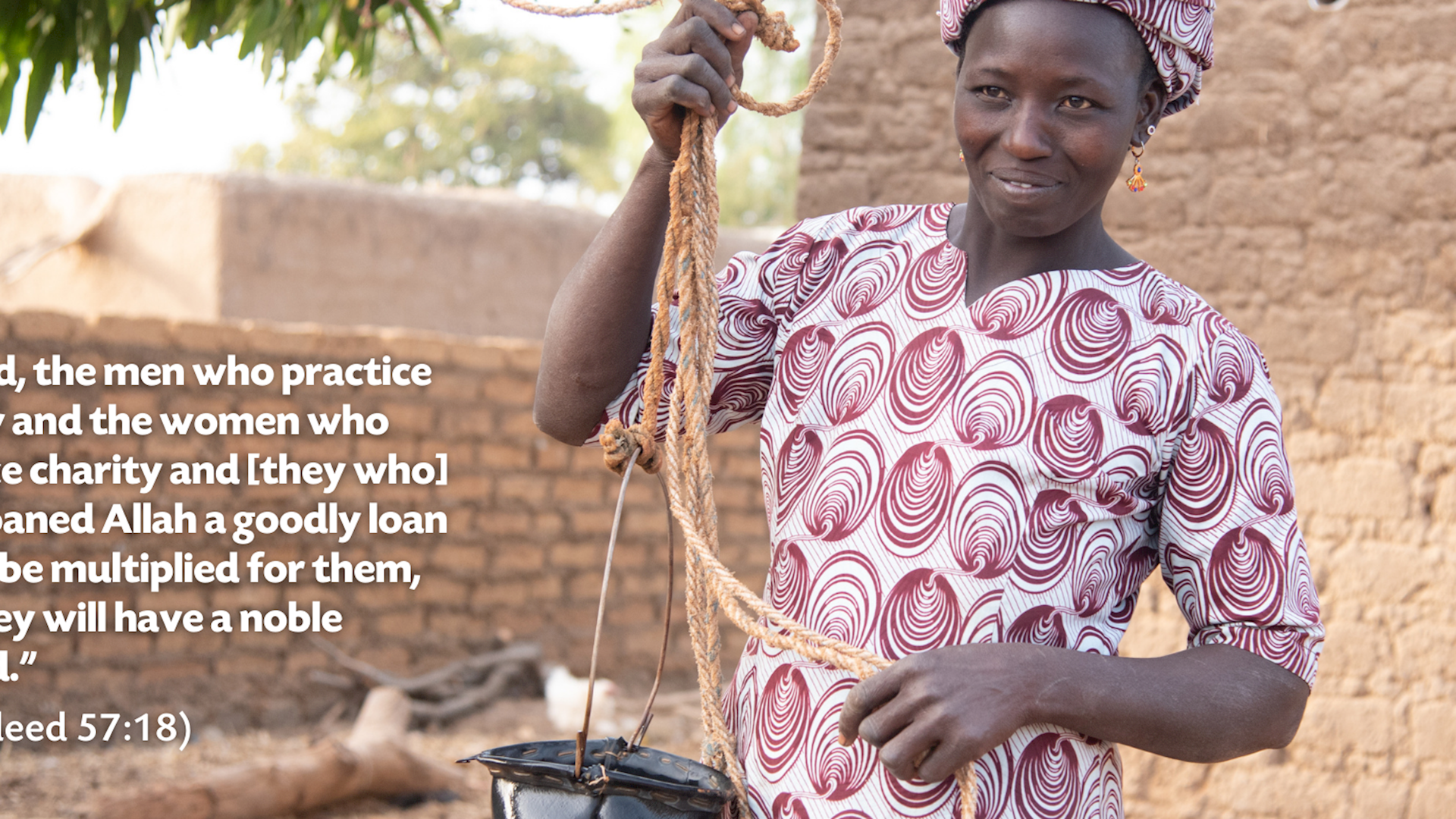
A return on investment isn’t something you would normally associate with spending money on charitable causes however Allah (swt) promises us that he will increase our wealth, sustenance and bring us success in this life and in the hereafter when we give Sadaqah.
“Indeed, the men who practice charity and the women who practice charity and [they who] have loaned Allah a goodly loan - it will be multiplied for them, and they will have a noble reward.” (Al Hadeed 57:18)
4. Sadaqa Expiates Sins.
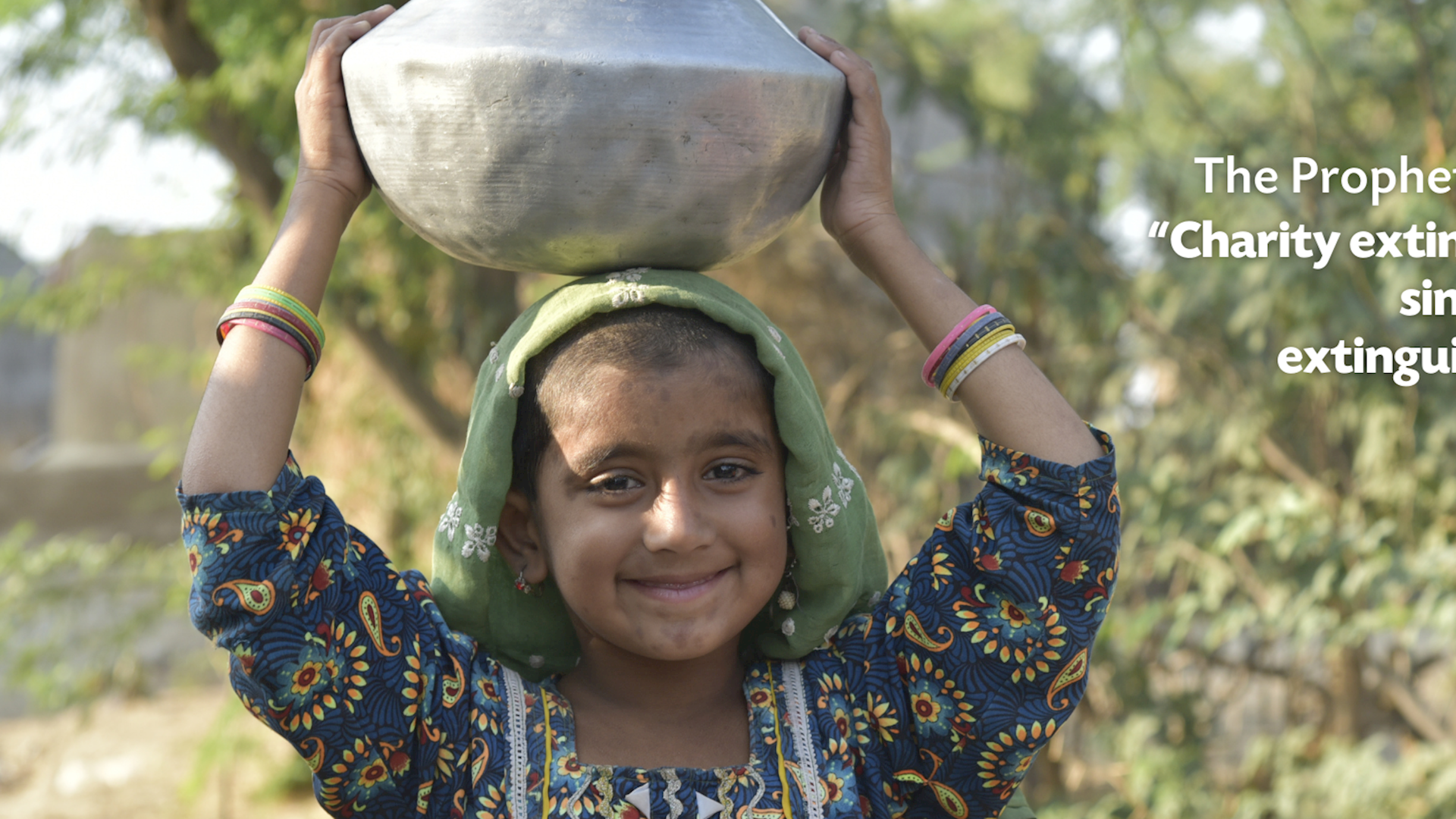
On the Day of Judgement, we will all be held to account for every sin we have committed major and minor. No matter how hard we try, we are only human, and sinning is inevitable. That is why it is important for us to give Sadaqah regularly to expiate our sins.
The Prophet (SAWS) said: “Charity extinguishes the sins like water extinguishes a fire.” (Ibn Majah)
5. Sadaqah is One of the Gates of Jannah
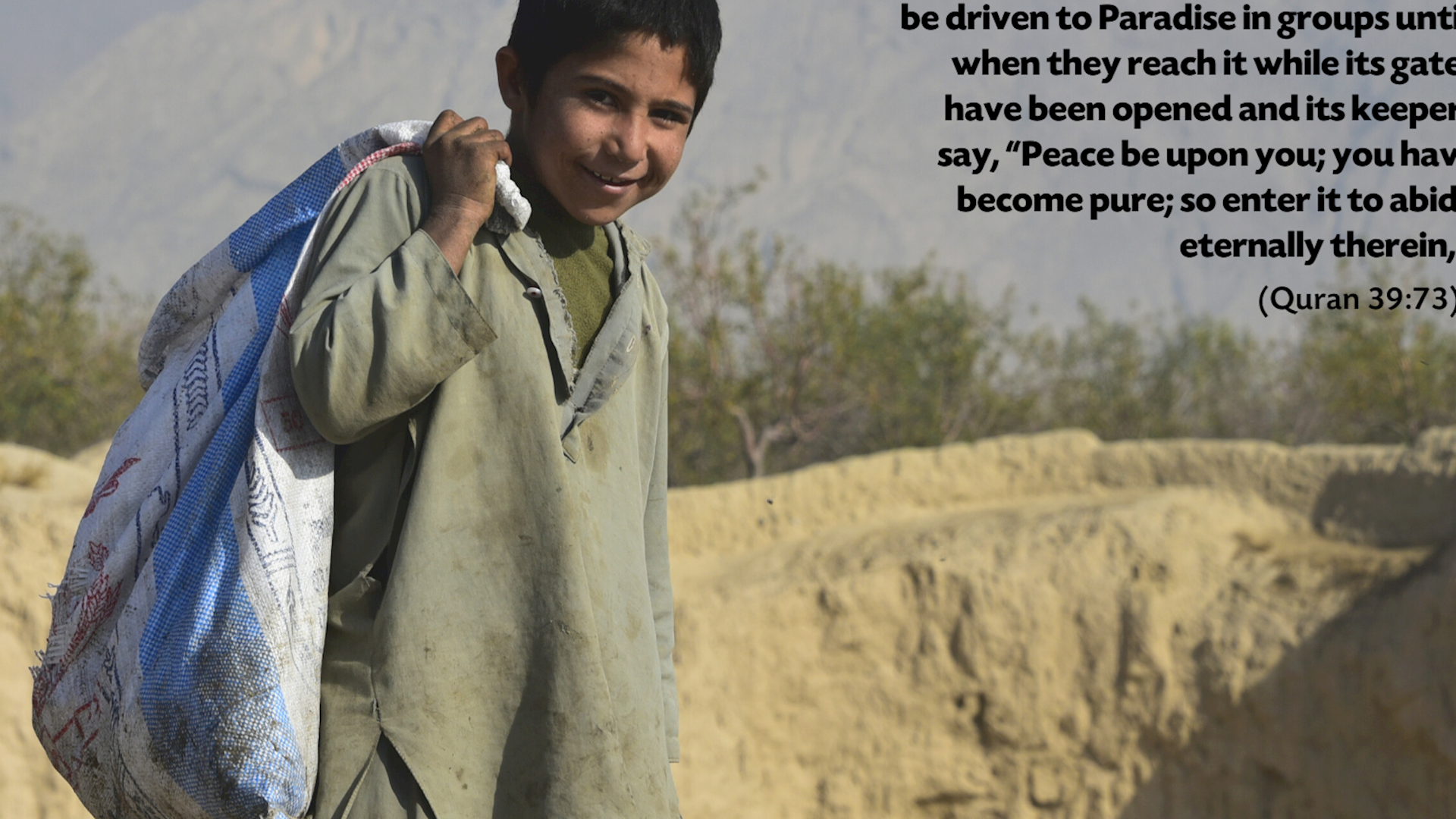
Baab As-Sadaqah is one of the 8 gates of Jannah. This door only allows those believers to enter who were charitable and gave Sadaqah in the way of Allah, whether to their parents, orphans, widows, the sick and the needy. Giving Sadaqah gives you the virtue of entering paradise through this gate.
“But those who feared their Lord will be driven to Paradise in groups until, when they reach it while its gates have been opened and its keepers say, “Peace be upon you; you have become pure; so enter it to abide eternally therein,” (Quran 39:73)
6. Sadaqa Will be your Shade on the Day of Judgement
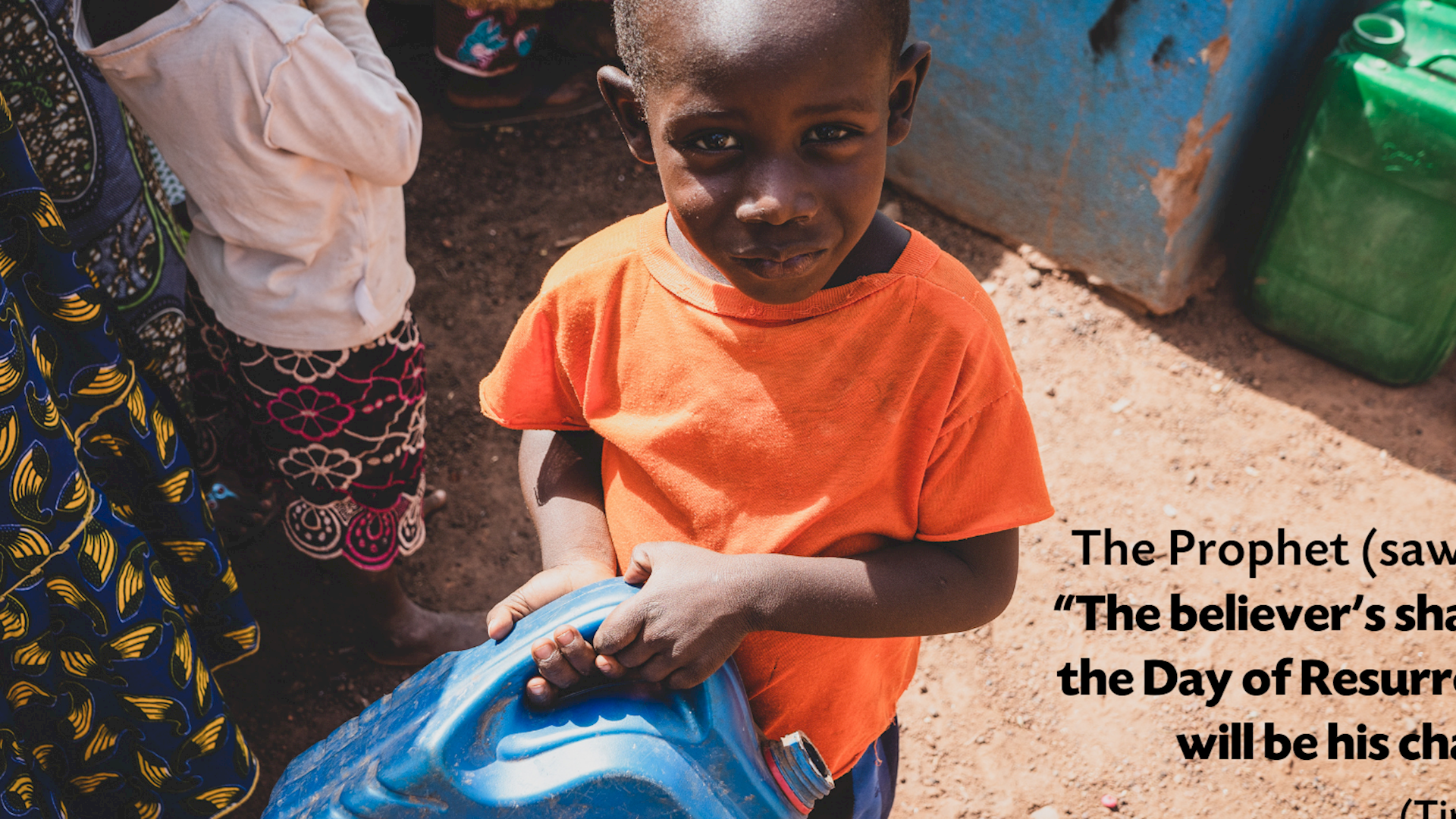
On a day which will last 50,000 years, where the sun will be right above the heads, we will all be hoping to be one of the seven to be under Allah (SWT) shade on Judgment Day. The person who gives hidden charity is one of the seven.
The Prophet (SAWS) said: “The believer’s shade on the Day of Resurrection will be his charity.” (Tirmidhi)
7. Sadaqah Purifies the Nafs
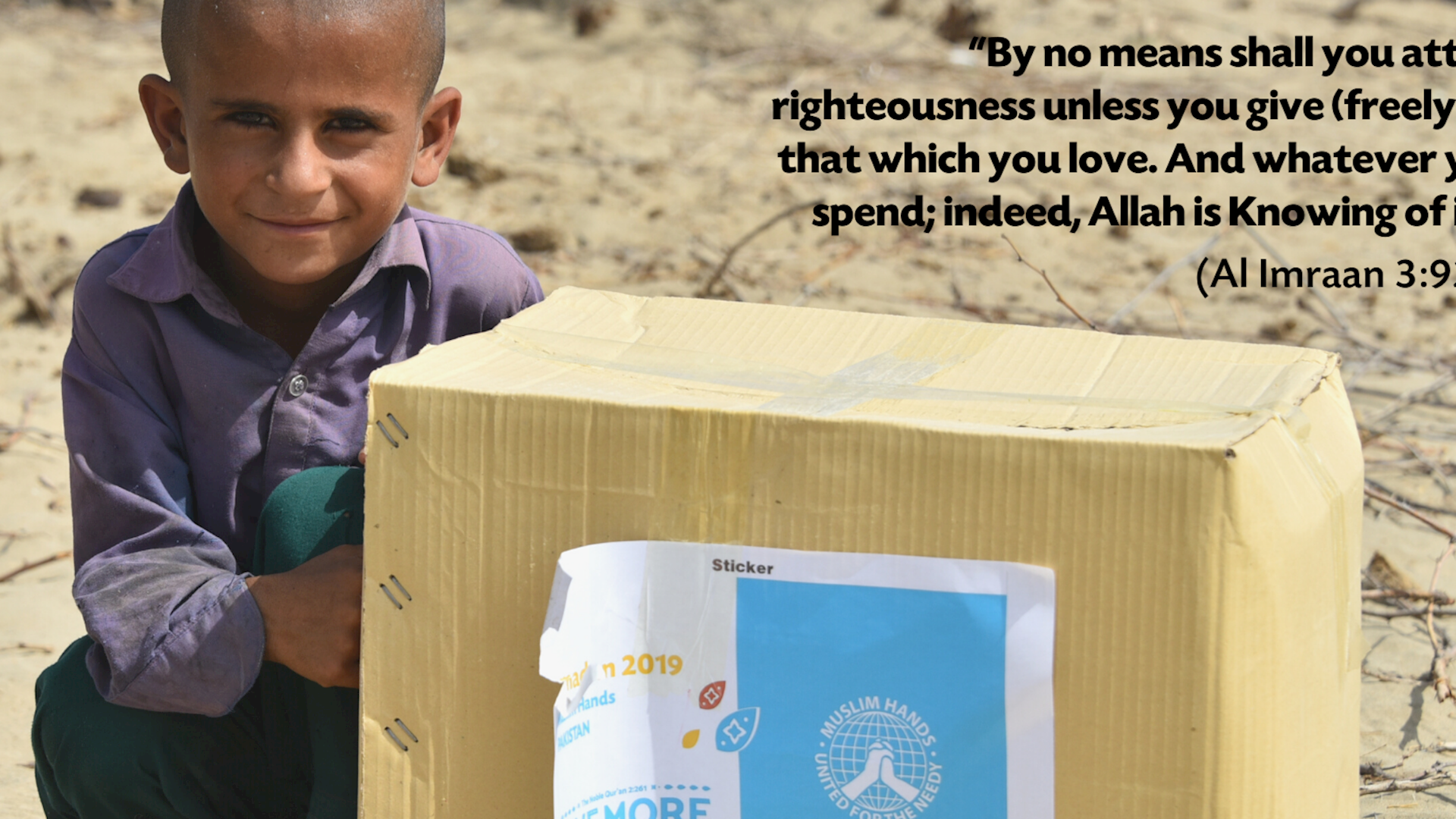
Our purpose in life is to strive in the way of Allah through worship and good deeds to attain righteousness, and one cannot attain righteousness without spending for the sake of Allah. Our wealth is a test from Allah and can even be a burden, we are accountable for how we spend it. We must spend on charity to extinguish worldly desires and attain the reward of the Hereafter
“By no means shall you attain righteousness unless you give (freely) of that which you love. And whatever you spend; indeed, Allah is Knowing of it.” (Al Imraan 3:92)
8. Sadaqah is a Means of Acceptance of Dua
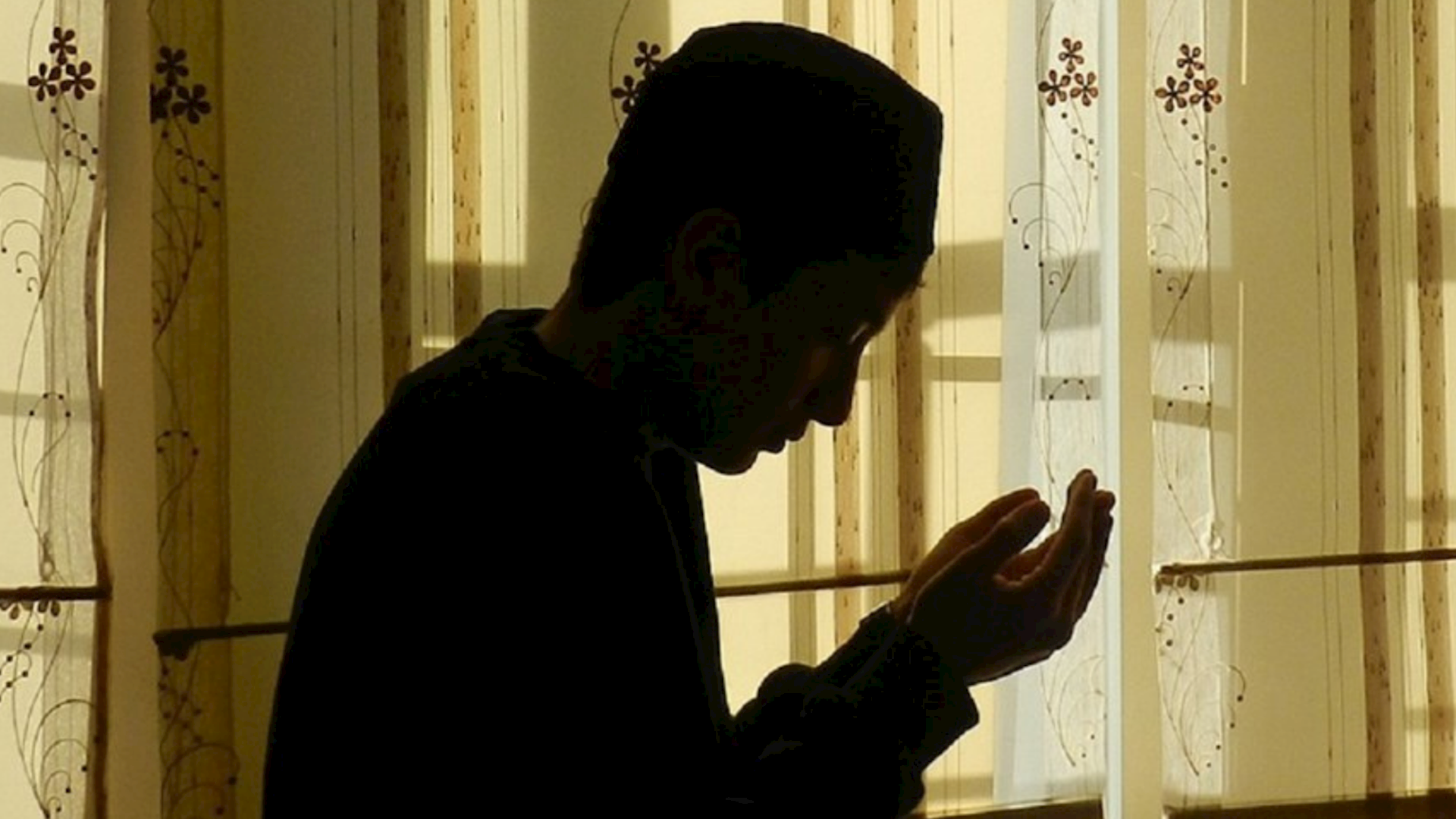
A Muslim can ask Allah to accept their dua by virtue of their good deeds including the Sadaqah they give. An example of this is the sahih hadeeth narrated in Muslim and Bukhari, about the three people who entered a cave, and a rock fell and blocked their way out. They asked Allah by the virtue of their best deeds to save them.
9. Sadaqa Brings Balance to the Society and Benefits the Community.
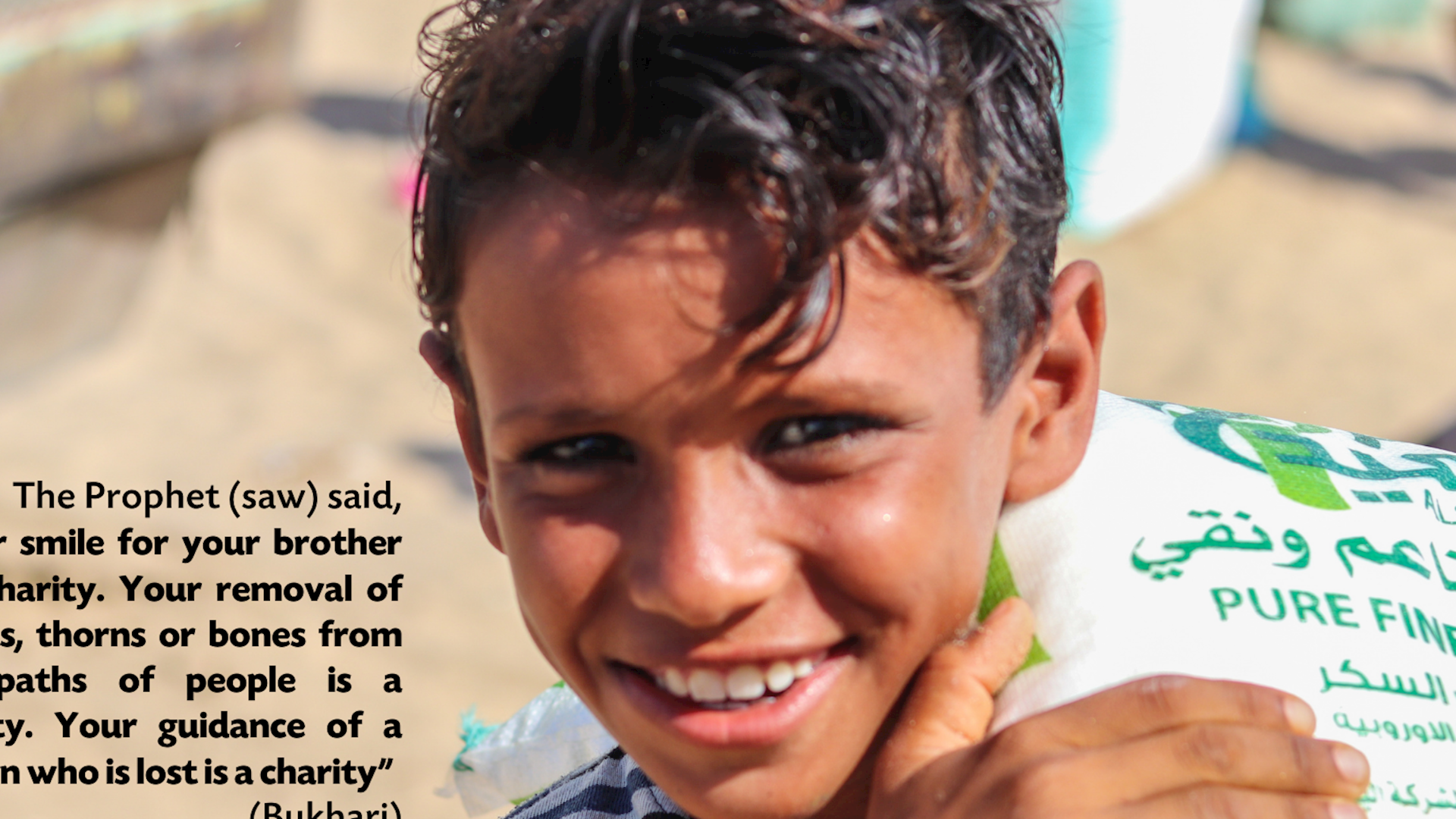
Giving Sadaqah to the orphans, widows, sick and needy ensures we live in a much fairer society by sharing the wealth. Sadaqah does not only mean giving money but it can be any act of kindness. The Prophet said: “Your smile for your brother is a charity. Your removal of stones, thorns or bones from the paths of people is a charity. Your guidance of a person who is lost is a charity” (Bukhari). Sadaqah is about benefiting the whole community and looking after the vulnerable to better society.
10. Sadaqah is a Way to Earn Rewards after Death.
By giving Sadaqah Jariyah you can invest in the hereafter for yourself or for your loved ones by earning continuous rewards. The Prophet (saw) said: "When a man dies, his deeds come to an end except for three things: Sadaqah Jariyah (ceaseless charity); a knowledge which is beneficial, or a virtuous descendant who prays for him (for the deceased)."
An example of this would be to build a water well so every time it is used rewards are earned.
Muslim Hands Canada is a registered charity that aims to tackle the root causes of poverty worldwide. Since it’s inception, the organization has responded to numerous emergencies worldwide, and established a myriad of long-term projects like water wells, schools, health clinics, and livelihood programs.





